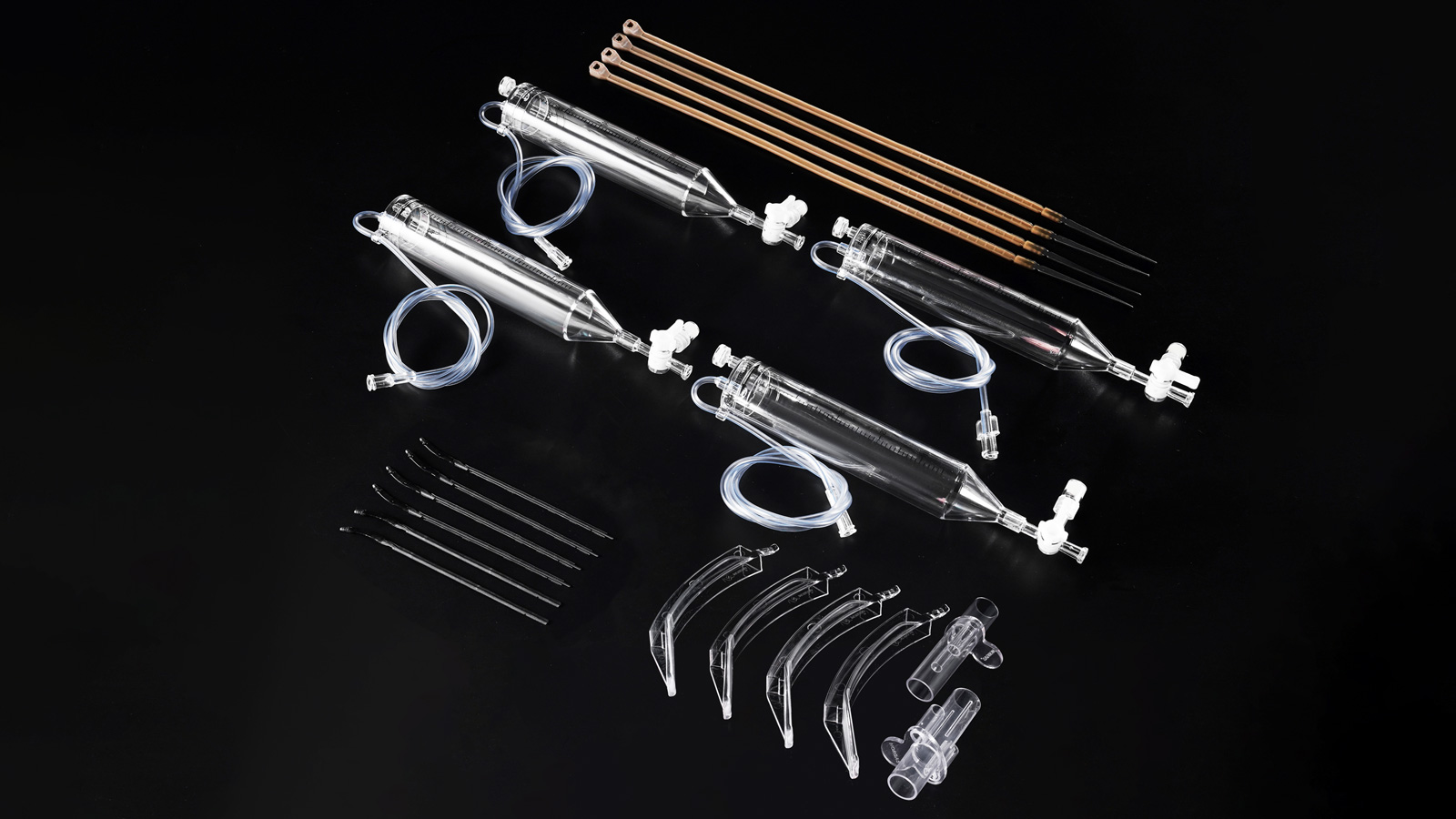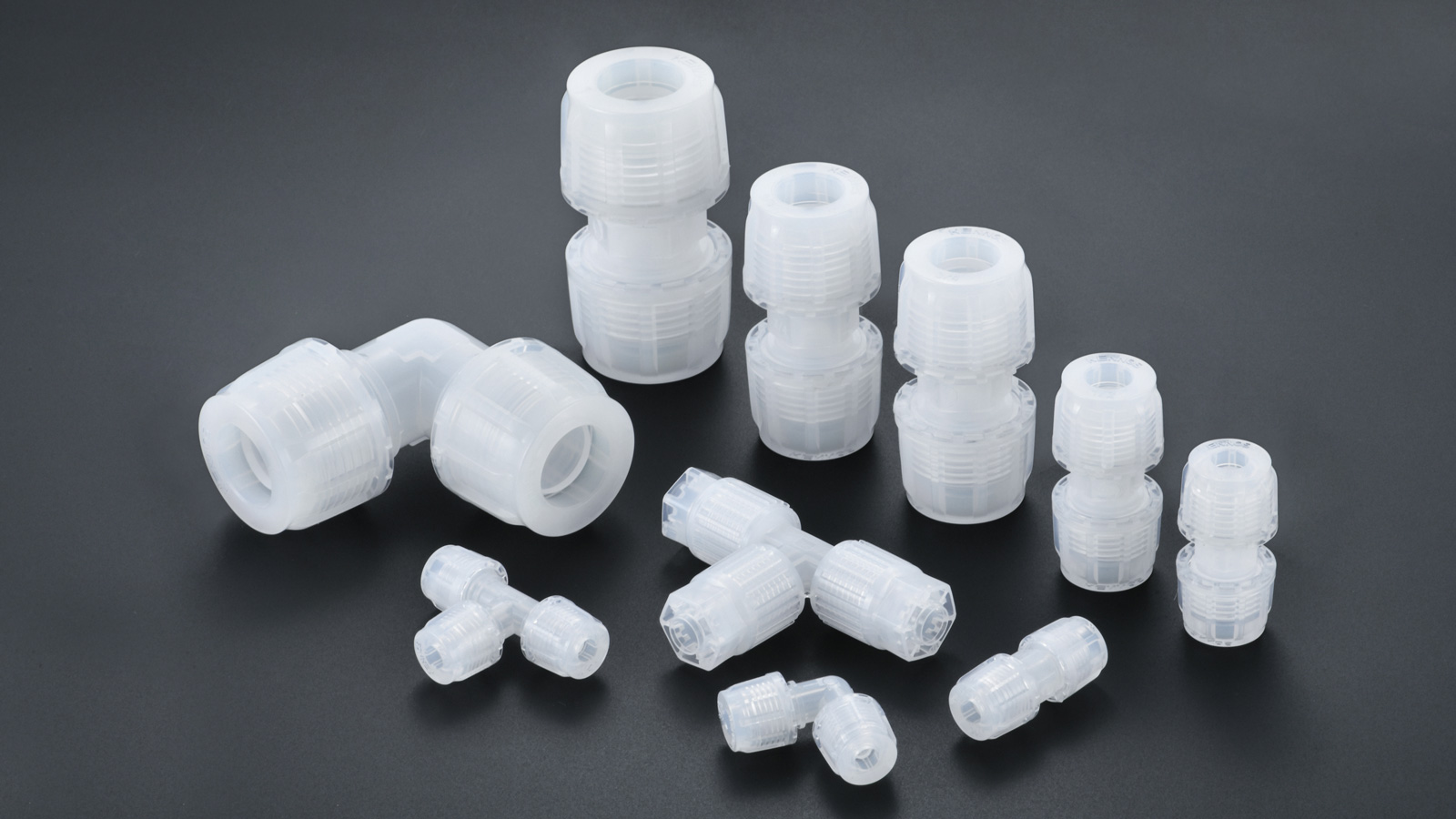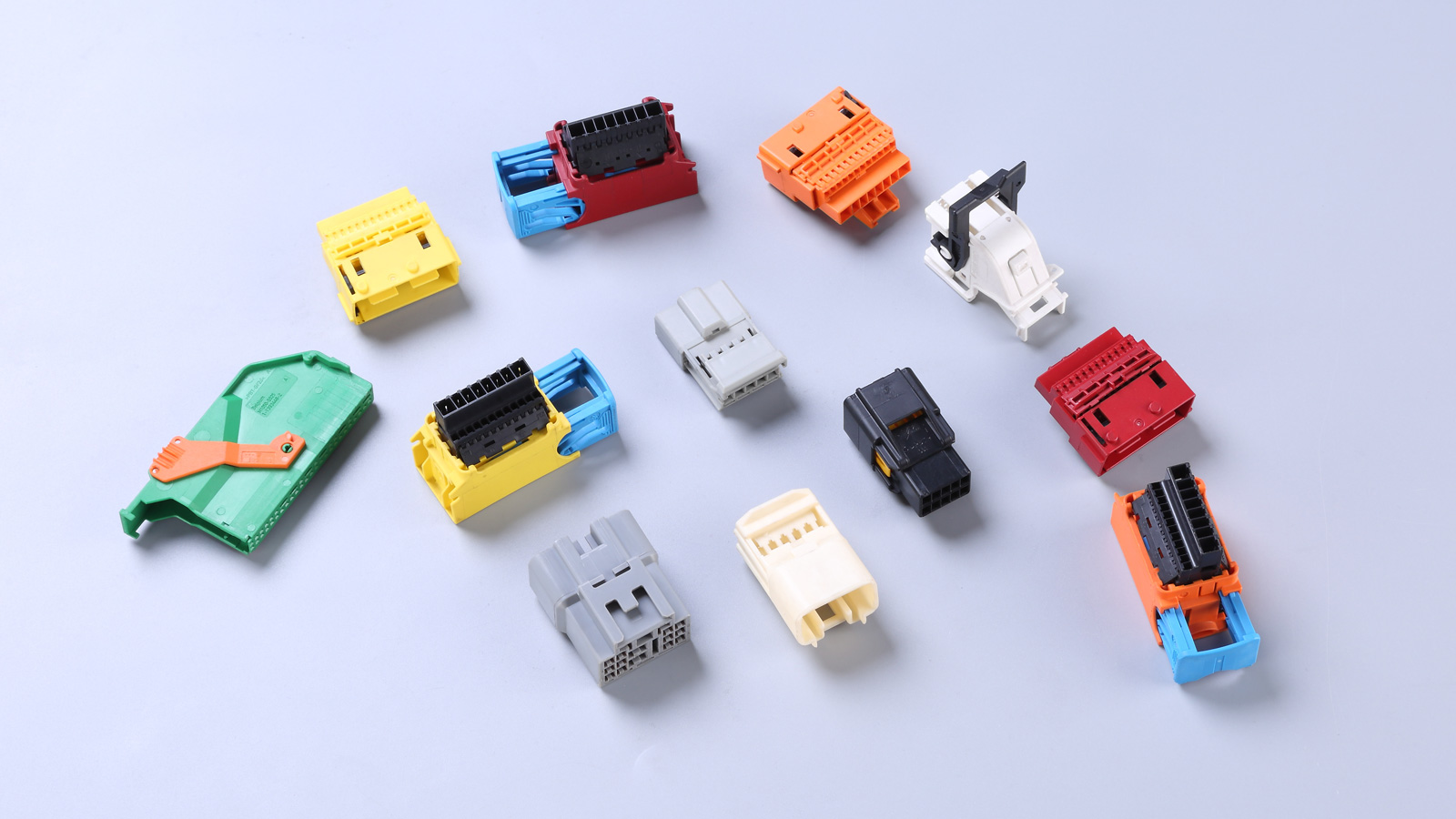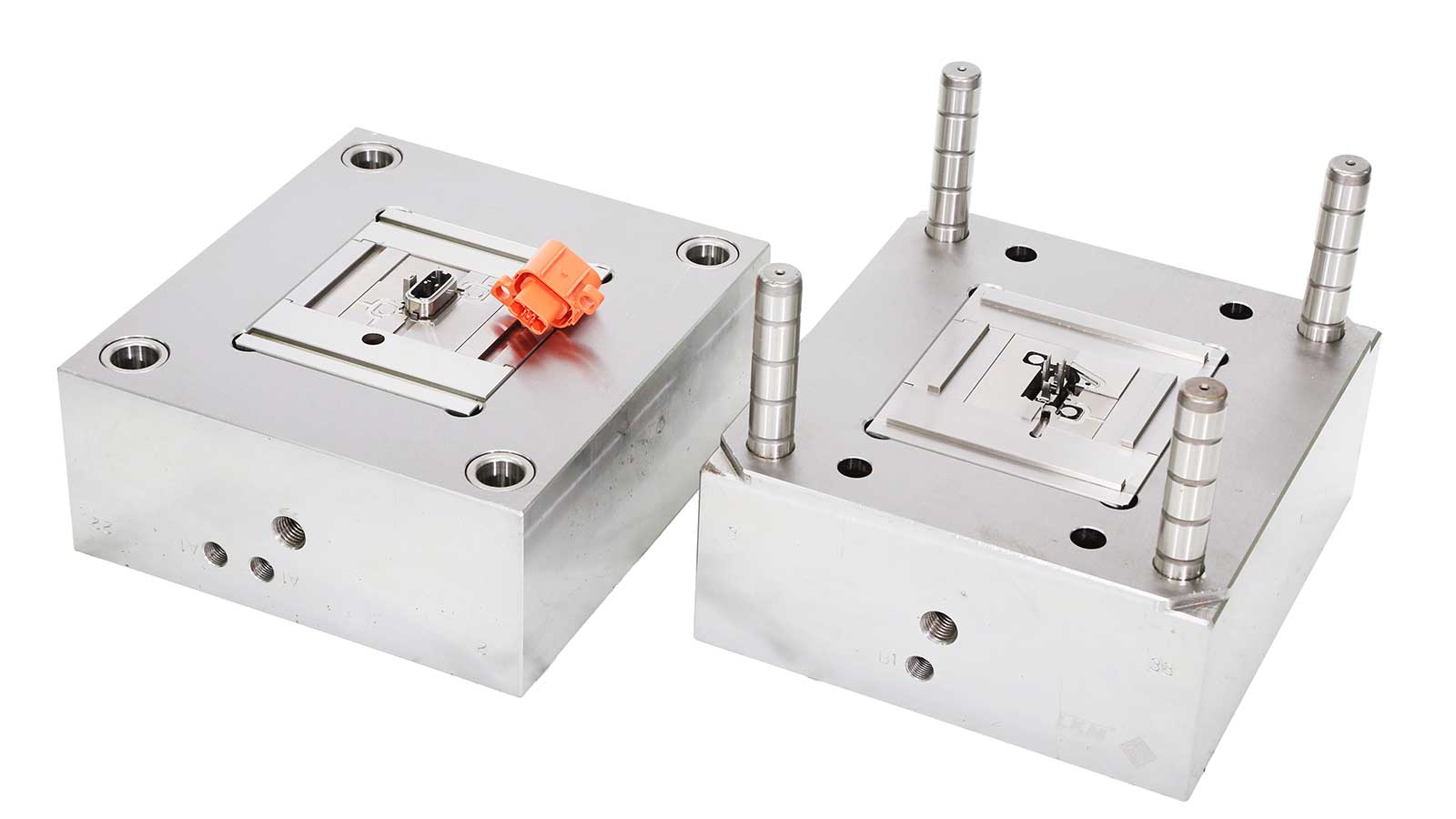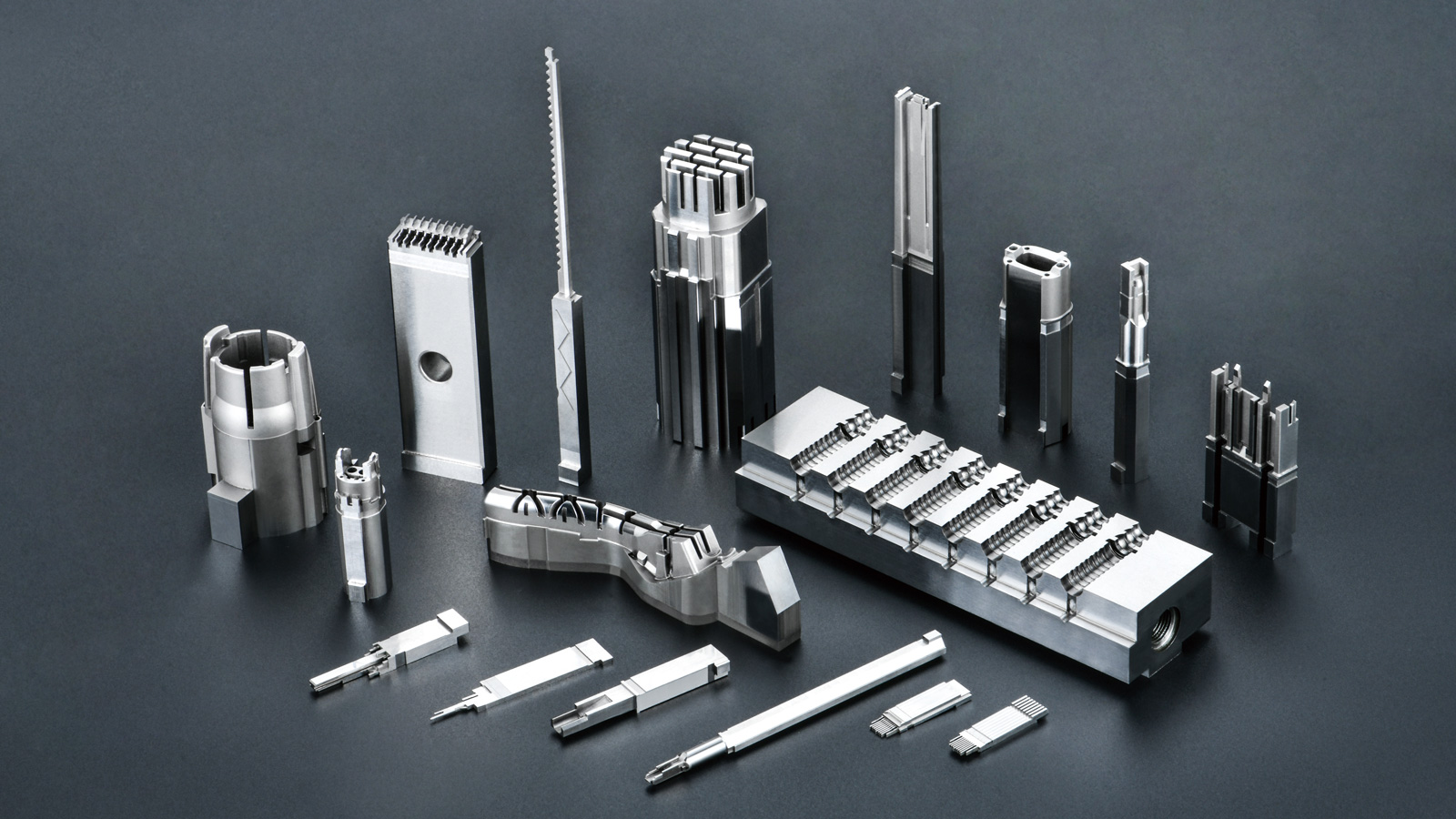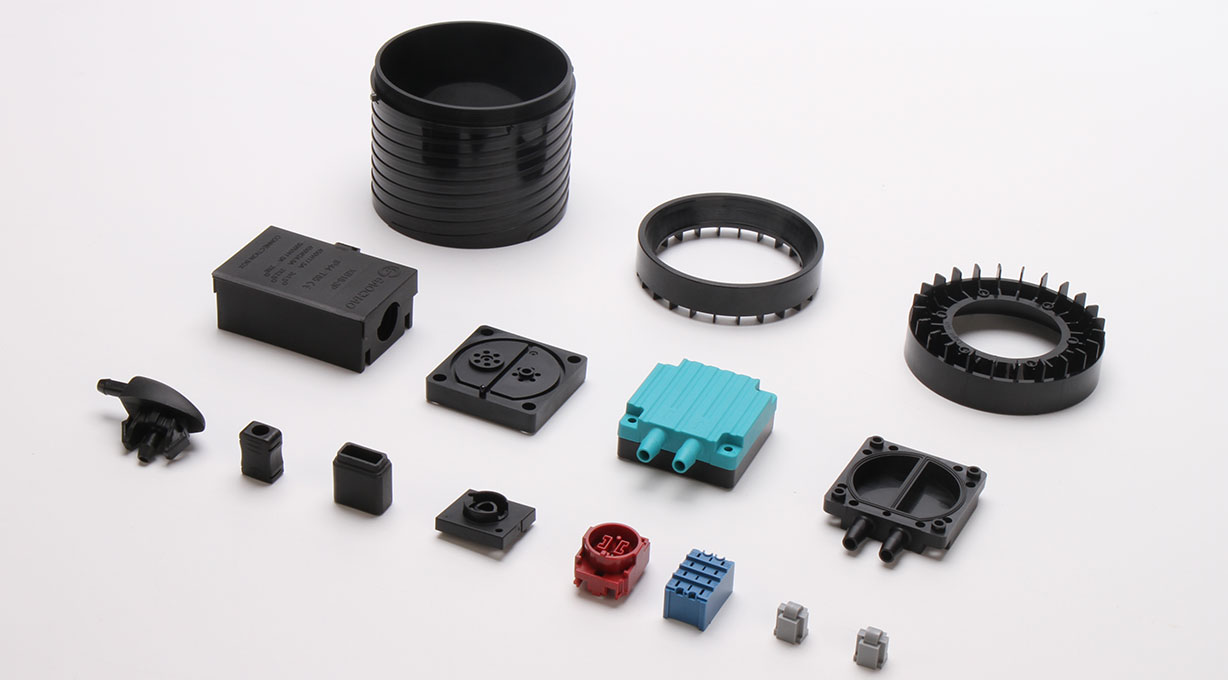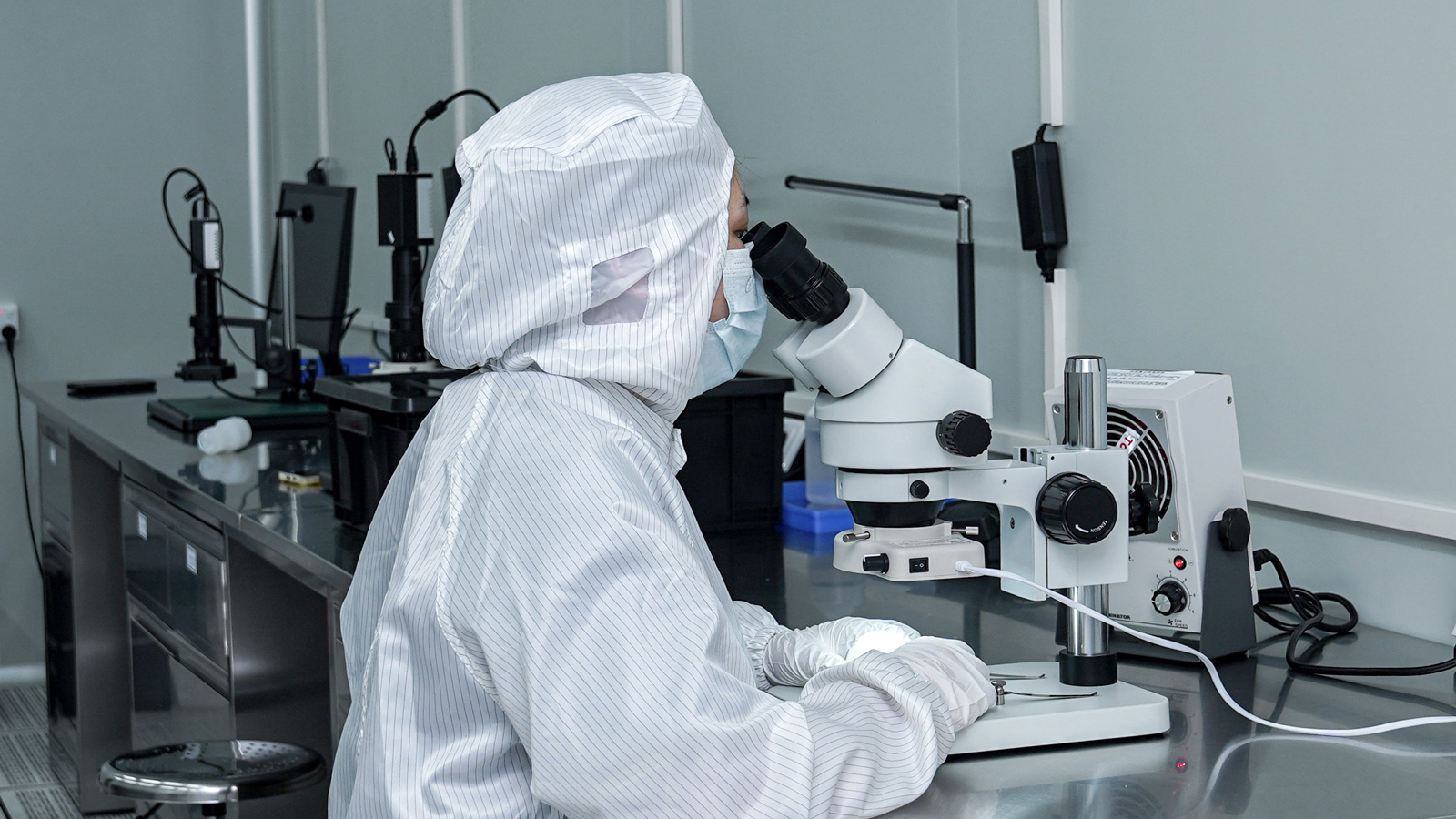In the field of precision injection mold part manufacturing, accurately controlling tolerance is the key to ensuring part quality and improving product performance. The coordinate measuring machine (CMM) plays a pivotal role in tolerance control due to its outstanding performance and extensive applications, becoming an indispensable tool in the industry.
In developed industrialized countries such as those in Europe and the United States, the application of three-dimensional measuring instruments is already very widespread. Their high efficiency is remarkable, as one CMM can support the use of seven CNC machine tools in a factory, greatly enhancing production efficiency and resource utilization. Moreover, CMMs boast powerful and comprehensive functions. In addition to having traditional geometric dimension and shape tolerance detection capabilities, they exhibit unique advantages in reverse engineering technology and surface coordinate detection. With these advantages, they can conduct all-round and accurate measurements of high-precision injection mold parts, providing a solid data foundation for subsequent tolerance control.
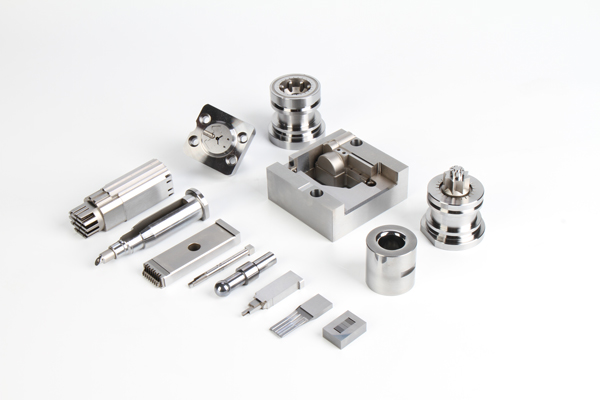
CMMs have an extremely wide range of applications in the precision injection mold part industry and can be regarded as versatile tools. During the design and development phase, they serve as capable assistants. As modern intelligent tools, they can provide precise data feedback for design, helping to optimize design schemes and ensure the rationality of part tolerances from the source. In the measurement process, they play a central role. By utilizing the function of inputting three-dimensional mathematical models, CMMs can meticulously compare various key parameters of processed mold parts, such as positioning, dimensions, relevant shape tolerances, curves, and surfaces, with the pre-set mathematical models. This precise comparison can promptly identify deviations between the parts and the models, providing clear directions for adjusting production processes and correcting tolerances.
At the same time, CMMs are also powerful tools for statistical analysis. They can conduct in-depth analysis of a large amount of measurement data, uncover the patterns and trends behind the data, and help enterprises understand the stability and consistency of the production process. This enables them to take targeted measures to further optimize tolerance control. Additionally, the graphical reports output by CMMs are intuitive and clear, allowing for a quick understanding of the quality status of injection mold parts and easily completing inspection reports for the parts, providing a solid basis for quality control and ensuring that every precision injection mold part meets strict tolerance requirements and high-quality production needs.
